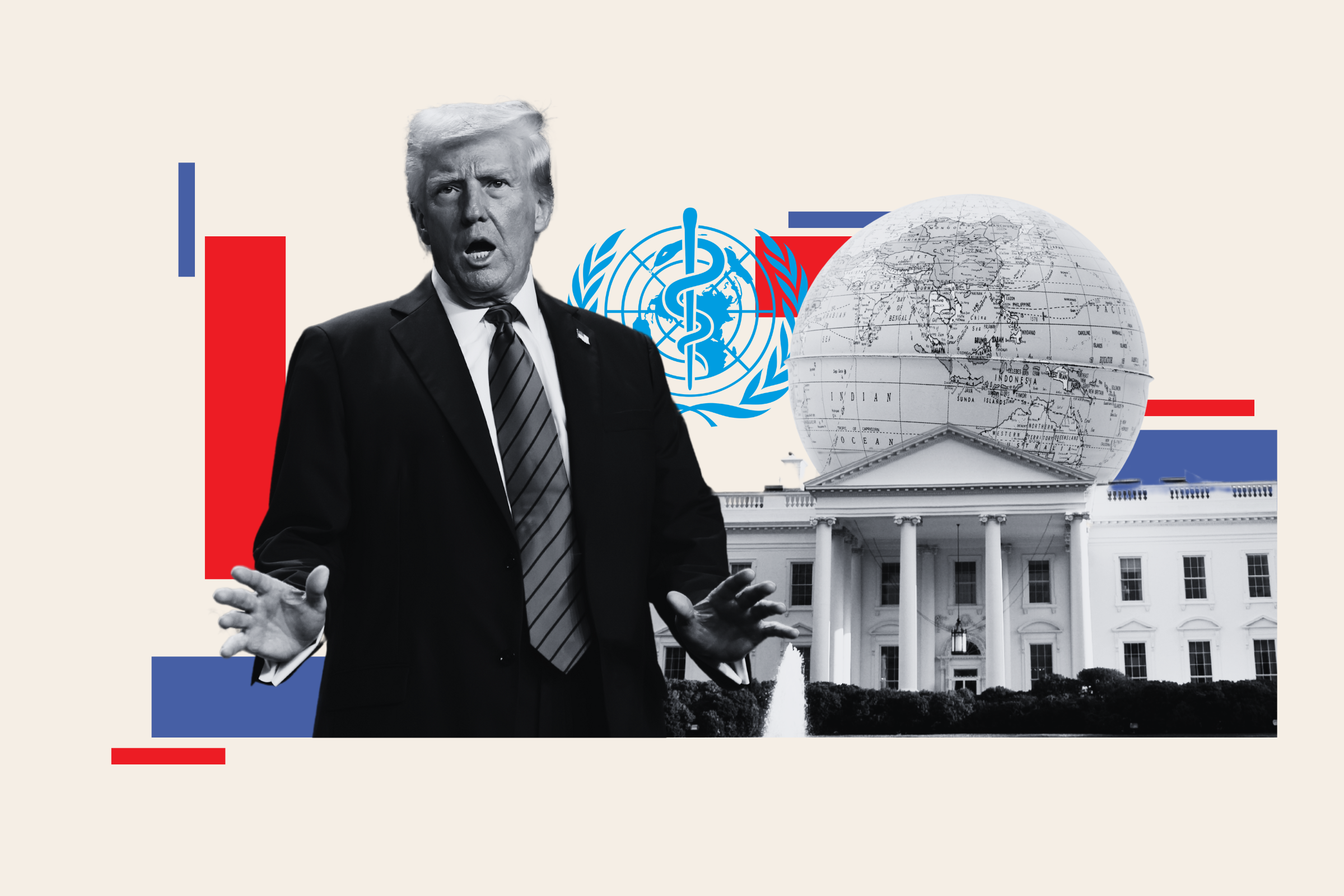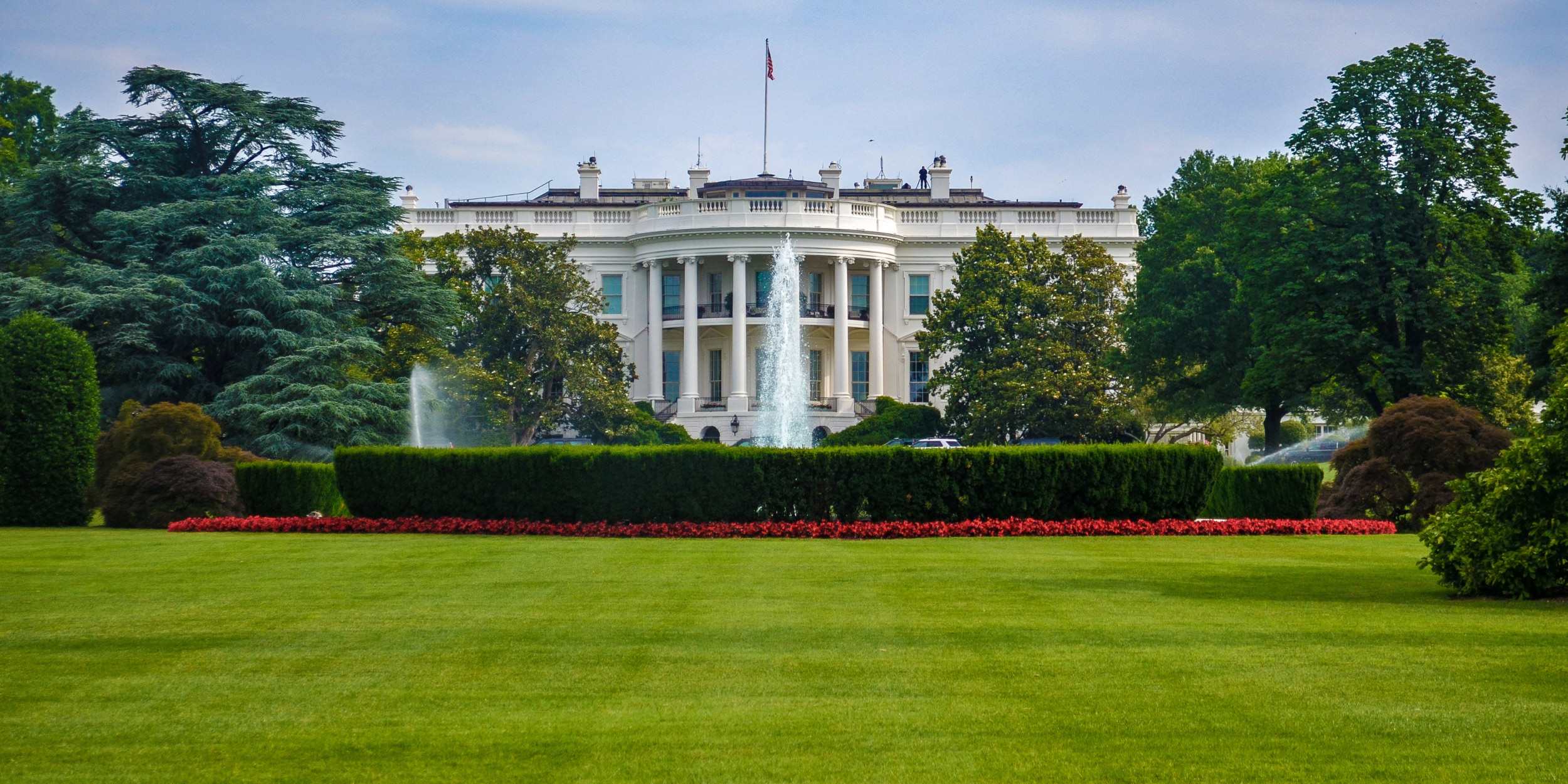




In a significant shift in U.S. global health policy, President Donald Trump signed an executive order on January 20, 2025, to withdraw the United States from the World Health Organization (WHO), effective January 2026. This decision has been met with widespread criticism from public health experts, who label it a radical move that could have detrimental effects on global health, particularly for low-income nations [93ffa820]. Trump's administration has paused U.S. funding to the WHO and halted participation in WHO negotiations, reflecting a broader 'America First' strategy that reshapes U.S. engagement in global health matters [5be8b9f3].
In response to this decision, Congressman Steve Cohen (TN-9) led a letter on January 31, 2025, signed by 42 colleagues urging President Trump to reconsider his withdrawal order. The letter emphasizes the benefits of WHO membership for global public health and the U.S. economy, highlighting that over 84% of WHO funding comes from voluntary contributions. It also points out the historical role of the WHO in eradicating diseases like smallpox and controlling outbreaks, warning that withdrawal could increase disease susceptibility for Americans and complicate outbreak tracing [a36a9772].
During a rally in Las Vegas on January 25, Trump hinted at a potential reconsideration of the U.S. withdrawal from the WHO, expressing dissatisfaction with the organization's financial management and reforms [011e1b87]. He criticized the disparity in funding contributions, noting that the U.S. contributes approximately $500 million compared to China's $39 million [011e1b87]. This apparent backtrack raises questions about the administration's consistency and future direction regarding global health commitments.
Public health experts warn that the U.S. exit will diminish its influence and endanger lives globally. Professor Ilona Kickbusch emphasized that the withdrawal could jeopardize critical health programs, while Professor Suerie Moon argued that the decision appears ideologically motivated, risking initiatives such as HIV treatment [93ffa820]. David P. Fidler noted that while the U.S. exit weakens the WHO, its budget is relatively small compared to U.S. global health spending [93ffa820].
The implications of Trump's withdrawal from the WHO are profound, especially as the U.S. has historically been the largest contributor to the organization, providing around 20% of its funding, which is crucial for various health initiatives [93ffa820]. Additionally, the U.S. has invested over $3 billion in global health security initiatives since 2020, which have been critical in managing outbreaks like Ebola and anthrax [ed0fd12c].
Moreover, Trump's executive orders also signal a formal withdrawal from the Paris Agreement, ending all obligations related to climate change initiatives [5be8b9f3]. A 90-day review of U.S. foreign assistance programs is set to determine their alignment with America First values, indicating a broader reevaluation of how the U.S. engages with global health and environmental issues [5be8b9f3].
As the global health community monitors these developments, challenges such as avian influenza, pharmaceutical supply security, and geopolitical competition loom large [5be8b9f3]. Experts like Lawrence Gostin and David Heymann have highlighted the risks to health security and the potential funding gaps that could arise from the U.S. withdrawal [93ffa820]. The question remains whether Trump can effectively navigate these complexities without Congressional approval, and how this will impact global health governance moving forward [8e3c8e18].